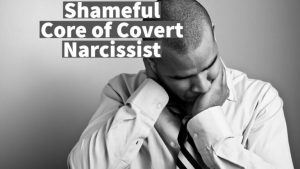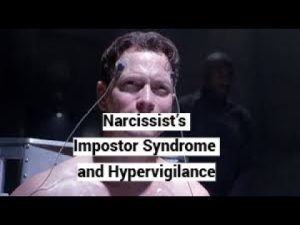1. Narcissism and its Impact on Partners
- Non-narcissist partners in relationships with narcissists often undergo a discard phase but attempt to justify or endure the cyclic nature of the relationship due to deep psychological needs like self-love, safety, and acceptance being met in fantasy form [00:00].
- Partners create false narratives to justify the narcissist’s behaviors, such as self-blame (“it’s all my fault”), hopeful excuses (“it’s a passing phase”), or valuing the narcissist’s love despite abuse [00:38].
- The clinical reality is that narcissists are controlled by an uncontrollable fantasy cycle that has phases: idealization, devaluation, and discard, which even the narcissist cannot change [01:23].
2. Differentiating Selfishness, Selflessness, and Narcissism
- Selfishness is sometimes healthy and involves putting oneself first, whereas narcissism is a clinical pathological term; selflessness is often idealized but can be a pathological state when taken to extremes (e.g., codependency) [02:26].
- Societal and cultural expectations sometimes encourage unhealthy selflessness, especially for mothers, wives, and children, which cannot be psychologically or ethically justified [03:12].
- There is a proposed new term, “selffulness,” to describe a healthy balance of self-awareness and boundary-setting that is distinct from selfishness and narcissism [04:05].
3. Reality Testing and Influence of Narcissists
- Reality testing is the ability to distinguish what is real, and narcissists impair this by challenging and altering perceptions, unintentionally gaslighting their partners within their fantasy [05:00].
- The narcissist’s distorted view of reality extends to relationships and institutions, often dismissing them as fantasy, and they project this framework onto others [06:05].
4. Narcissist’s Isolation Tactics
- Narcissists isolate their partners from friends, family, and other sources of support to weaken their reality testing and increase dependence on the narcissist as the sole “reality source” [07:15].
- This isolation removes the partner’s mental stability and makes them vulnerable to the narcissist’s fantasy, similar to a “mind virus,” where the narcissist becomes the addicted partner’s only lifeline [08:30].
5. Shared Fantasy and Psychological Dependency
- The relationship between a narcissist and a partner can be seen as a shared fantasy or mass psychogenic illness, where the narcissist is the author and the partner functions like an actor within the fantasy [09:40].
- This dynamic illustrates the deep psychological control and emotional dependence built over time [10:20].
6. Miscellaneous
- There was a brief mention and appreciation of vivid metaphors and allegories used to describe these complex psychological phenomena [10:45].
- An unrelated advertisement for farm fresh olive oil was included at the end [11:00].
Note: Timestamps are approximate and correspond to the beginning of the topic discussion within the transcript excerpt.






